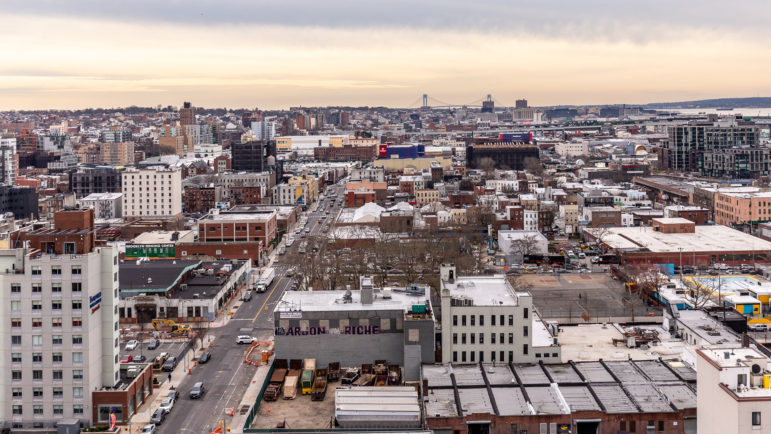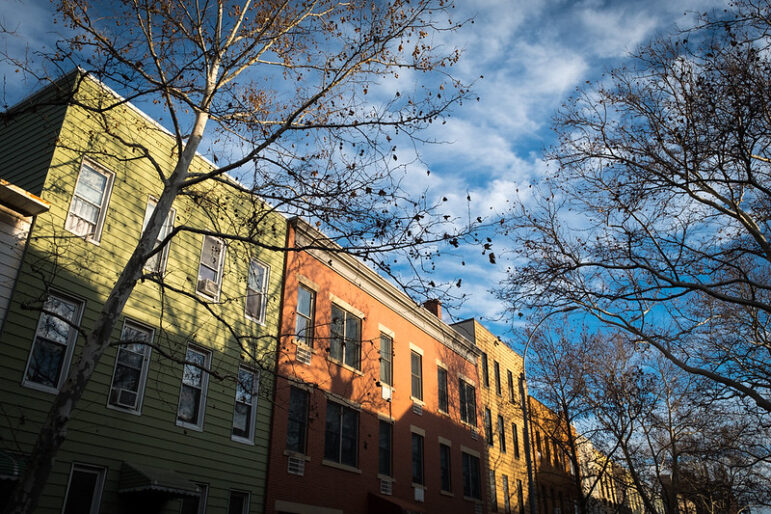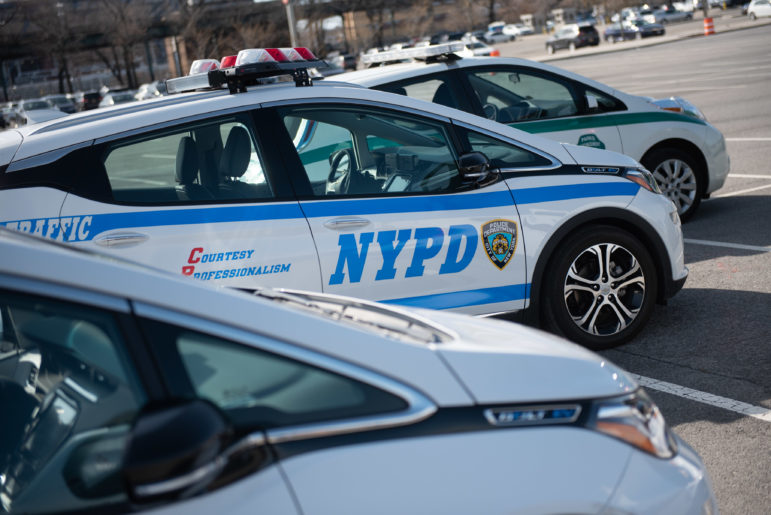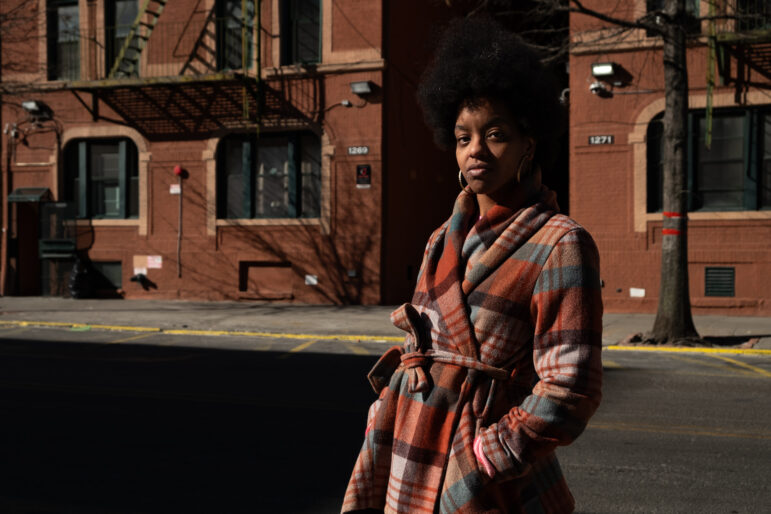Starting Monday with Mayor de Blasio’s signing a bill into law and for the next year, the city’s Human Rights Commission is required to send at least five testing teams out to see whether employers are discriminating in hiring.
Intro. 690, sponsored by Brooklyn Councilwoman Darlene Mealy, mandates that the commission “use pairs of testers to investigate local employers, labor organizations or employment agencies and employees or agents thereof.”
“Such investigations,” the bill continues, “shall include but not be limited to using matched pairs of testers who shall apply for, inquire about or express interest in the same job and who shall be assigned similar credentials” but will differ in their race, gender, sexual orientation or other characteristics for which city law—echoing and extending federal statute—bars discrimination in hiring, firing, promoting, paying or treating people on the job.
The no-go areas under city law are
- age
- race
- creed
- color
- national origin
- gender
- disability
- marital status
- partnership status
- sexual orientation
- alienage
- citizenship status
In addition, city law says an employer can’t ask about any arrest or criminal accusation that’s not pending and didn’t end in conviction. And when it comes to convictions, state law says an employer can’t deny work to someone unless there is a “direct relationship” between the crime and the job in question, or if hiring the person would “involve an unreasonable risk” to the public.
And, according to the New York State Department of Labor, it’s also a no-no to discriminate based on veteran status or military service.
The law de Blasio signed Monday directs the Commission to refer any cases of discrimination to its enforcement unit and to report in early 2017 to the City Council about its findings. A parallel law, Intro. 689, requires similar testing and reporting on housing discrimination.
“We are committed as an administration to guaranteeing fairness in housing and employment,” the mayor said at Monday’s signing ceremony. “The Human Rights Commission is a powerful tool in that process. We want to make sure it is doing all it can to protect our fellow New Yorkers and keep these processes fair for all New Yorkers.”
The city’s normally rather dry administrative code is unusually eloquent on that point.
“In the city of New York, with its great cosmopolitan population, there is no greater danger to the health, morals, safety and welfare of the city and its inhabitants than the existence of groups prejudiced against one another and antagonistic to each other because of their actual or perceived differences,” the code reads. “[P]rejudice, intolerance, bigotry, and discrimination, bias-related violence or harassment and disorder occasioned thereby threaten the rights and proper privileges of its inhabitants and menace the institutions and foundation of a free democratic state.”
But the city hasn’t recently put taxpayer money where it’s highfalutin language is. In 1991, the Human Rights Commission had a staff of 223, according to the Independent Budget Office. This year its headcount is 61.
“No matter how much progressive legislation the city passes,” Christine Clarke, a staff attorney at Legal Services NYC, told a Council hearing in March about Intro. 690, “it is clear that this level of staffing is simply not sufficient to enforce a broad and progressive human rights law on behalf of a city of 8.4 million people.”
Clarke points out that from 1991 to 2015, much of the tab for the commission has been paid by federal money. The number of city-funded positions at the agency has fallen from 151 to 11 over that period.
In her own testimony to the City Council, the new director of the Human Rights Commission, Carmelyn Malalis, expressed concern that the law would rush the Commission’s testing program—which for the past decade has focused mainly on gender discrimination in employment and housing discrimination based on source of income or family status—to expand before it’s ready. According to Malalis’ testimony, the agency currently has only two full-time testers and six part-time testing staff.
The mayor’s preliminary budget proposes a modest increase in the commission’s budget. In its initial budget response last week, the Council proposes doubling the amount of city funding to $5.1 million “allowing the Commission to hire an additional 25 Human Rights Specialists and up to 40 Attorneys.”
But even that increase would still leave the commission at half its 1991 strength. “The Council must continue to increase the commission’s funding over the next two years,” Clarke told the hearing. “We’re not there yet.”









5 thoughts on “City Hunts for Hiring Discrimination on Shoestring Budget”
no,,, they are incompetent jerks……..employers purposely put 22 year old airheads to screen the resumes to keep older workers out of the labor pool…..and they think this is ok? …either that or the HRC is
racist against white people…
I think you are right. My sister is in her 50’s and white. It took her a long time to finally find a job.
I don’t know whether or not this is discrimination or not, but I worked for an insurance company that gave us 6 months maternity leave. I was out on maternity leave and took my full 6 months. When I came back, it was almost time for our yearly raises. Everyone was given 6% and they only gave me 3% stating the reason was because I was out for 6 months. I felt this was unfair. I waited for my 3 weeks vacation to kick in and left the comapny after almost 9 years. Do you think that was fair?
How will that happens when there is so much hiring corruption already between political appointees where it seems anyone who volunteered for BDB end up with a job, even though they have no previous experience.
Pingback: Preventing Discrimination on a Budget | Kansas City Discrimination Attorneys, Lawyers on Employment Law